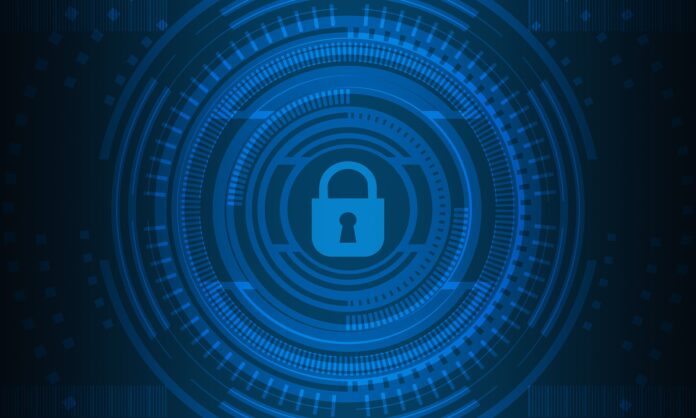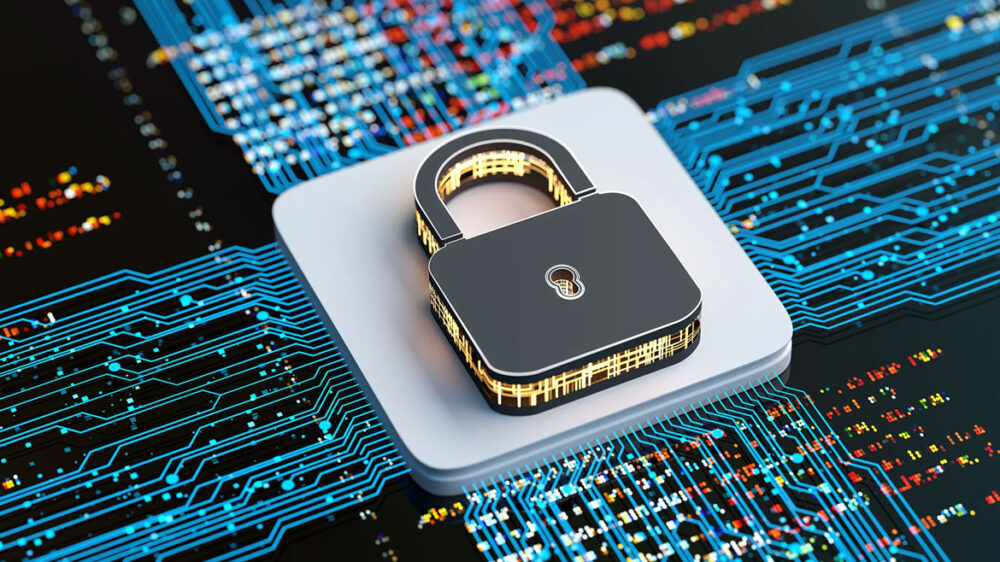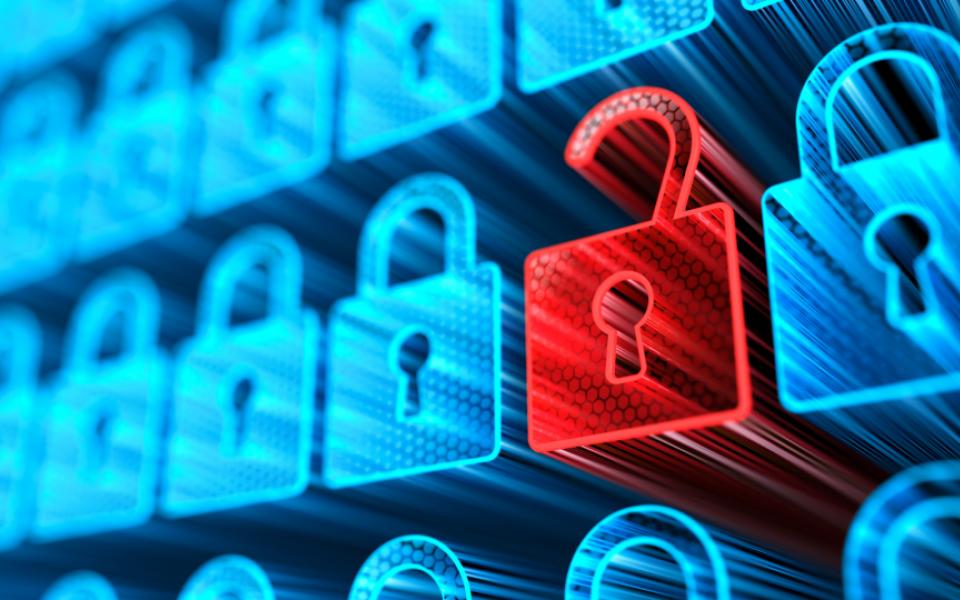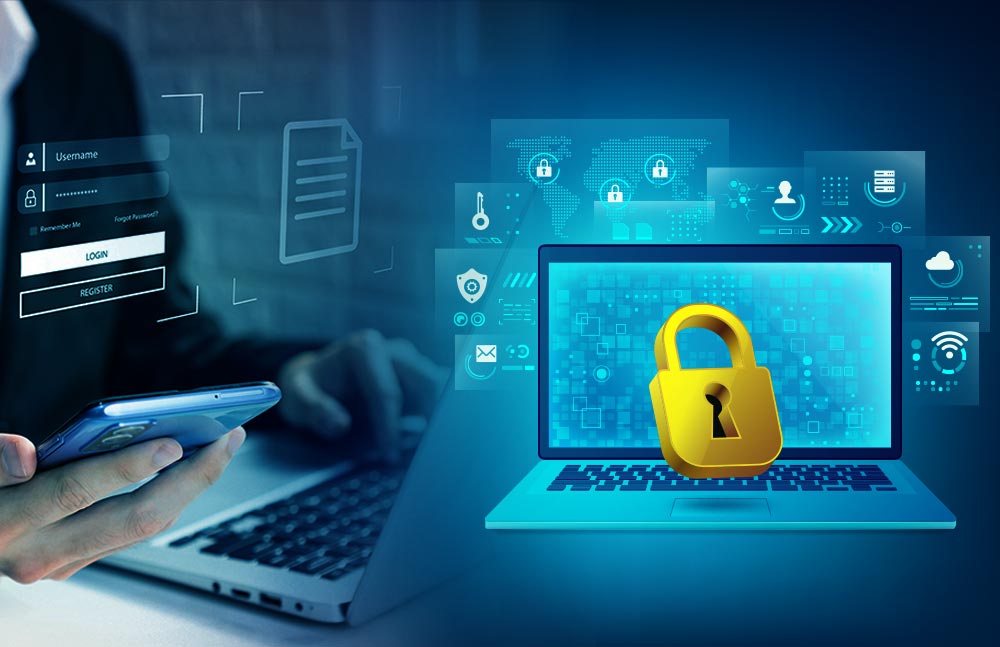
The complicated and interconnected world that the fourth industrial revolution has created makes cyber security imperative. Today a single cyber attack can leak the personal and sensitive data of millions of people to malicious hackers. Despite the threats that the cyber world presents, there is no denying that there is no other alternative than living in the internet and computer-driven world.
Hence, comprehensive and all-around cyber security threat management is no more a luxury but a necessity in the modern world. Moreover, with time the sophistication of the hacking techniques will improve further, which merits ever greater focus and attention to cyber security management.
Cyber Security Threats: Their Implications And Protection Against Them

Cybersecurity threats are an umbrella term for all the ways in which the information that is stored in the cyber world can be breached and stolen by miscreants. Phishing, malware, denial of service attacks, man in the middle attack are different types of cyber security breaches that affect computer systems worldwide. In this blog post, you will read about some common cyber security threats, their implications, and ways to protect your computers against them.
Types Of Cyber Security Attacks
- Phishing- It is a type of attack where the attacker convinces the victim to reveal sensitive data. In fact, Phishing has been reported to be the most common cyber crime according to the FBI’s Internet Crime Complaint Center.
- Malware-Malware is a code purposely inserted to disrupt a server, computer or computer network. Malware can be further classified into different types, namely Trojan Horses, Worms, Spyware, Computer Viruses, etc.
- DoS or Denial Of Service Attack-In the case of a Dos attack, the computer networks are not available to the bonafide users. Typically the systems are overloaded with so much traffic that they fail to respond to legitimate requests from bonafide users, thus denying them service.
- SQL Injection– In this case, a code is injected in such a manner that it causes a cyber attack. Usually, an existing vulnerability in the network is targeted by SQL injection.
Importance Of Cyber Security Threat Management
The implications of mega cyber security attacks cannot be understated. In the year 2021, the scale of cyber security breaches has become massive, so much so that they could disrupt the functioning of mega-corporations. Some recent mega breaches reported were in the Colonial Pipeline, Microsoft, Kaysea, etc.
Since electric power generation stations, nuclear reactions, navigation, and communication satellites all are dependent on computer networks in one way or the other; breaches have a mega impact. A serious breach can cause the failure of military equipment, or complete electrical blackouts in many parts of the world.
Moreover, sensitive information like the medical records of thousands of people may be lost in a matter of seconds. Thus, there is no denying the fact that cyber security threat management is of paramount importance.
Managing The Threats

There are several measures that should be taken by individuals, corporations, and at the level of national governments to protect against the menace of a full-blown cyber security breach.
- Getting Antivirus Software-The most intuitive thing to do to protect against malicious codes (viruses) is to install an antivirus system and upgrade it from time to time. At times the antivirus has an antispyware code in-built in it. However, if an in-built antispyware code is absent, you can install a separate code to protect against spyware. Moreover, one should always get an antivirus that gives regular threat analysis and also updates data periodically.
- Installing Firewall– A firewall is a device that monitors the flow of traffic to and from your network or device. So it protects your computer or network of computers from the traffic of an external network based on predetermined security norms.
- Restricting Access- Most people tend to ignore the factor that physical access to a computer can also be a way through which viruses or malware can be introduced into a system. So whether it is your personal laptop or the computer in your office, you should not allow any random person to use it. At times all it takes is inserting a USB drive to introduce a host of malicious codes in your system.
Also, big corporations should change access passwords from time to time so that old employees can no longer gain access to the company’s systems and the data stored in them.
- Ensure Endpoint Protection- In today’s world; computer networks are linked to devices that are several miles away from them. Hence vulnerabilities at those endpoints make the entire system vulnerable to viruses and malware. Thus, endpoint security is a major concern for all those organizations that are remotely connected to their clients via the client’s laptops, mobile phones, tablets, or even IoT (Internet of Things).
Endpoint protection measures include asking clients to comply with certain levels of protection for their devices. This ensures that the remote points of connection like laptops and tablets do not become a potential source of a virus to the main server or system in the head office of a corporation.
- Training People About Vulnerabilities and Measures To Protect The Systems- Setting strong passwords that are at least twelve to fourteen characters long, not sharing passwords with anyone and logging out of the systems once the work for the day is over are certain simple measures that many people fail to take.
Hence regular orientation sessions are necessary to train new people and make them aware of the outfalls of a full-blown cyber attack.

Conclusion
Experts suggest that modern warfare will not be fought on the battlefield but in cyberspace by paralyzing computer networks, or stealing data of the enemy. Loss of data from cybersecurity breaches results in a loss of billions of dollars annually. Most national governments and regulatory bodies have taken cognizance of the crucial role that data protection plays in the security of the nation. However, concerted, bottom-up efforts and needed at the individual, community, national and international levels if the threats posed by malware and viruses are to be averted.








